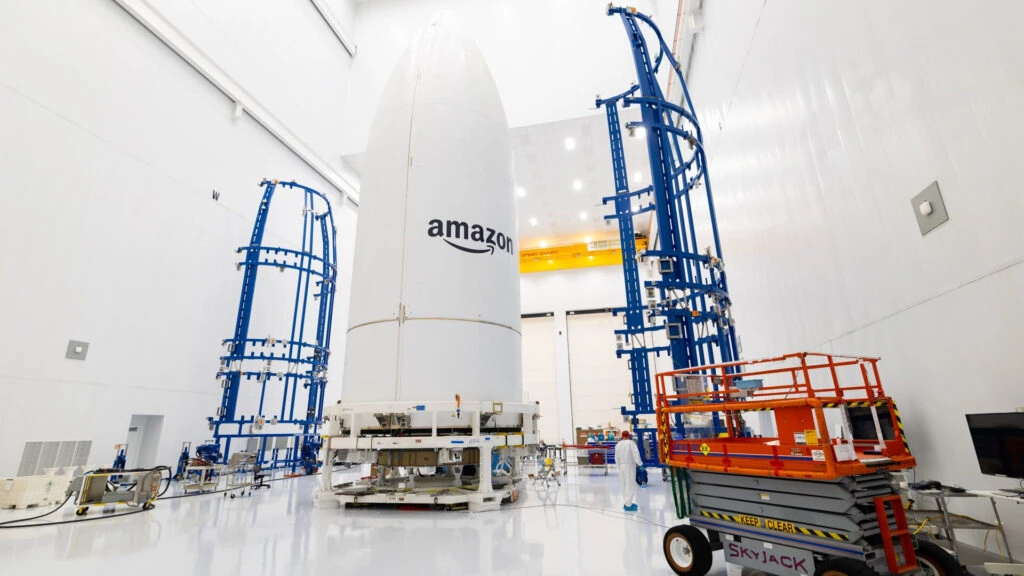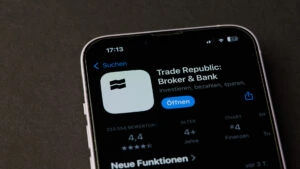E-commerce giant Amazon is about to make its long-awaited entry into the market for satellite-based internet services. The first 27 satellites of Project Kuiper are to be launched into space on April 9th with an Atlas V rocket and lay the foundation for a global internet network.
Billion-euro investment in orbit
With Project Kuiper, the Seattle-based company wants to stand up to the top dog SpaceX with its Starlink service. Amazon founder Jeff Bezos, who already runs his own space company, Blue Origin, is investing billions in the construction of a satellite constellation that will ultimately consist of more than 3,200 satellites.
The satellites are positioned at an altitude of 630 kilometers and orbit the earth at around 27,000 km/h. During development, Amazon paid particular attention to reducing light pollution – an aspect that was often criticized with Starlink. The Kuiper satellites have a special coating that scatters reflected sunlight and should make them less disturbing for astronomers.
Diversified launch strategy
Amazon’s strategy for rocket launches is unusual: the company relies on several providers at the same time. In addition to the United Launch Alliance (ULA), Amazon has signed contracts with Arianespace, Blue Origin and – of all companies – competitor SpaceX. The company apparently wants to avoid dependencies and secure its ambitious expansion plans.
Battle for market share with attractive end devices
Amazon is planning to offer various receiver systems. The most compact version weighs only around 450 grams and should enable speeds of up to 100 Mbps. Larger terminals with data rates of up to 1 Gbit/s are planned for more demanding applications. With production costs of less than 400 US dollars per terminal, Amazon could possibly subsidize the devices in order to gain market share more quickly.
However, SpaceX’s head start is considerable: while Elon Musk’s company has had satellites in orbit since 2019 and currently has over 7,000 active units, Amazon is still at the very beginning. “We have done extensive testing on the ground, but some things can only be learned in space,” admits Rajeev Badyal, Vice President of Project Kuiper.
If the launch on April 9 is successful, Amazon could actually offer its first commercial services before the end of the year. For consumers, the increased competition is likely to lead to falling prices – the battle for the lucrative market for global internet services from space is entering the next round.





